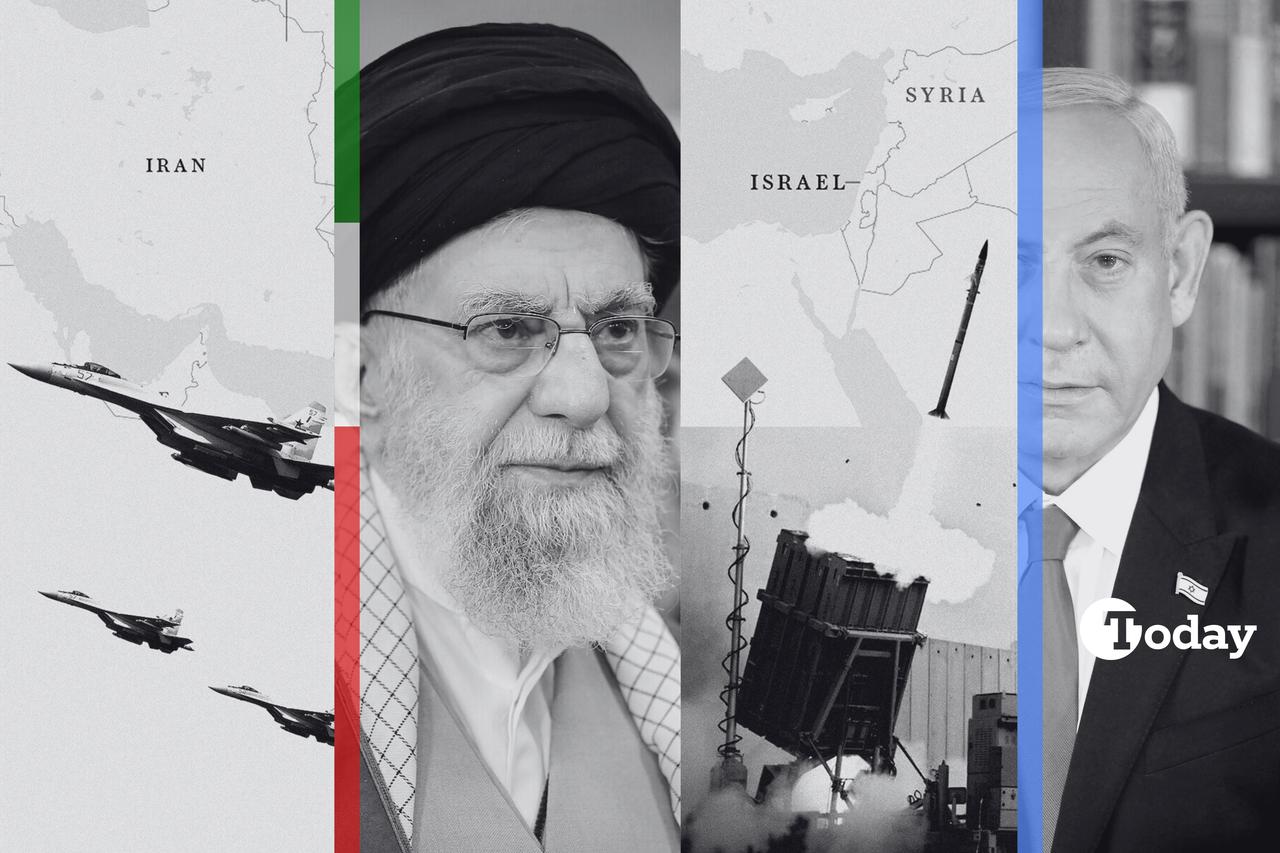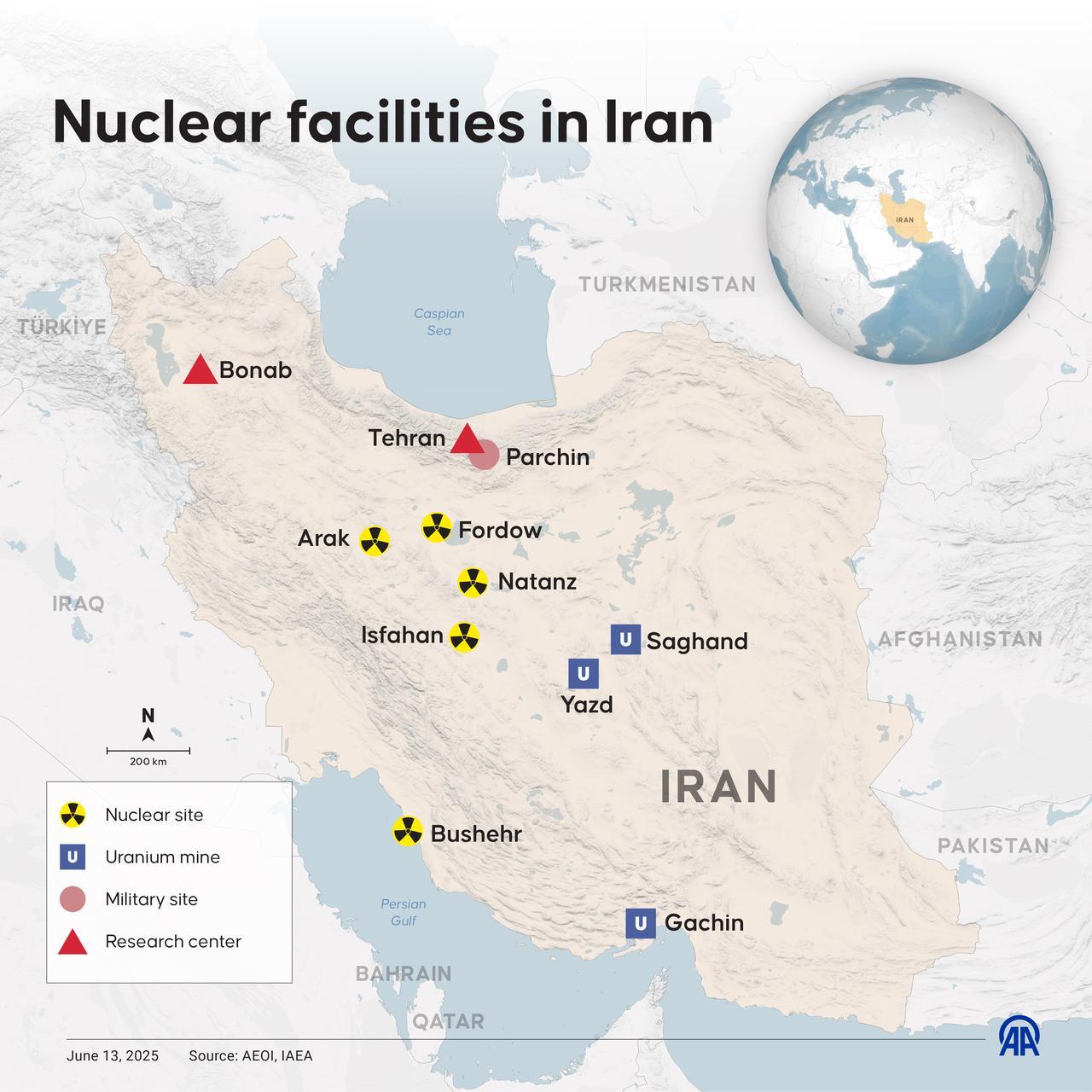
In the early hours of Friday, Israeli forces launched a coordinated aerial assault on key Iranian nuclear and military installations, in what Prime Minister Benjamin Netanyahu declared was “a necessary measure to secure our future.”
The campaign, dubbed Operation Rising Lion, struck facilities linked to Iran’s nuclear weaponization program and killed several senior commanders in the Islamic Revolutionary Guard Corps (IRGC).
The operation marks a dramatic escalation in the decadeslong shadow war between the two regional powers and raises the prospect of a direct, full-scale confrontation.
Scholars warn that this attack is not an anomaly, but rather the latest chapter in what has been termed the region’s “new abnormal normal”—a pattern of intensifying conflict driven by deeply entrenched grand strategies in both Israel and Iran.
According to a 2025 study published in Global Policy, both countries prioritize military confrontation over political resolution, seeking strategic depth through Israel or Iran.
“They share not only a mutual hostility but a flawed worldview where force is the primary language of diplomacy,” the study argues.
While Israel has historically been seen as a status quo power, Netanyahu's recent actions show a shift toward revisionist Zionism. Under the guise of “securing a homeland” and rooted in the elimination of the “other” identity it defines itself against, “revisionist Zionism” has now fully evolved into a radical state policy—one that abandons even the pragmatic tendencies previously exhibited by Netanyahu.
Following what happened in Israel on Oct. 7, 2023, and subsequent wars in Gaza and Lebanon, Israel has expanded its military footprint, reoccupied parts of Palestine and Syria, and reportedly seeks a strategic victory akin to its 1967 campaign.
Conversely, Iran now appears more cautious. Facing the collapse of key allies such as Syria's Assad regime and devastating Israeli strikes against Hezbollah and Hamas, Tehran has adopted a defensive posture, even as its leaders publicly maintain a hardline stance.
“Netanyahu is chasing a ‘67 moment,” the report claims, “but he may end up with another 1982,” alluding to Israel’s long, costly occupation of Lebanon.

Iran’s leadership is now under pressure to retaliate or risk appearing weak. Analysts suggest this could hasten nuclear ambitions. “Every Israeli escalation strengthens the voices in Tehran calling for a nuclear deterrent,” warns the report.
Earlier this year, Iran fired hundreds of drones and missiles at Israel—its first-ever direct attack—in retaliation for the bombing of an Iranian consulate in Damascus. But this move, while dramatic, was largely symbolic and did little to deter further Israeli aggression.
The international response has been sharply divided. While the U.S. and U.K. voiced support for Israel’s right to self-defense, others, including Türkiye and the EU, urged restraint and called for immediate de-escalation.
Middle East analysts argue that the region is now locked in a dangerous cycle where each side's actions only harden the other’s resolve. “Strategic patience from Iran meets strategic escalation from Israel,” says the Global Policy study. “Together, they’re pushing the region to the brink.”